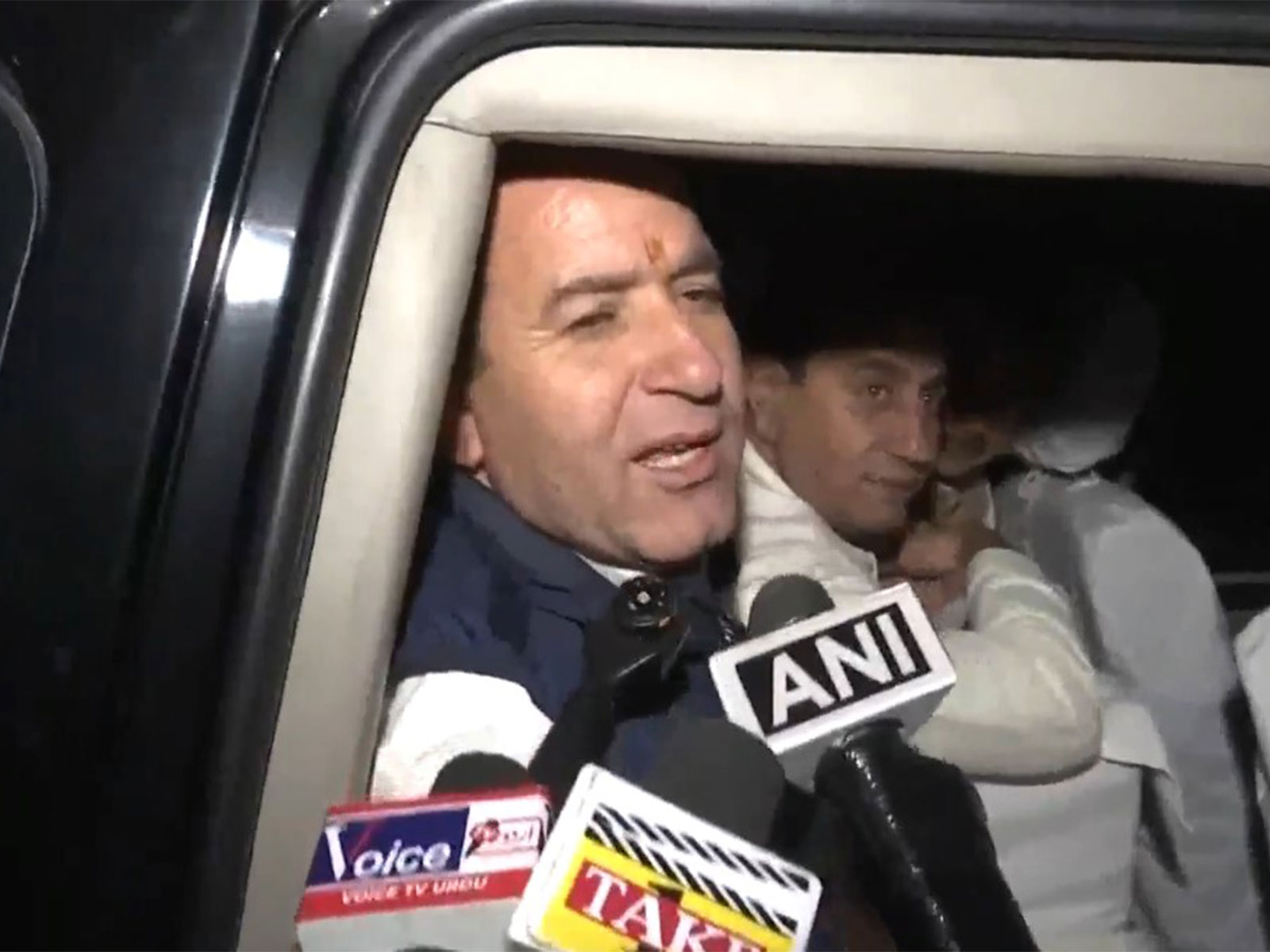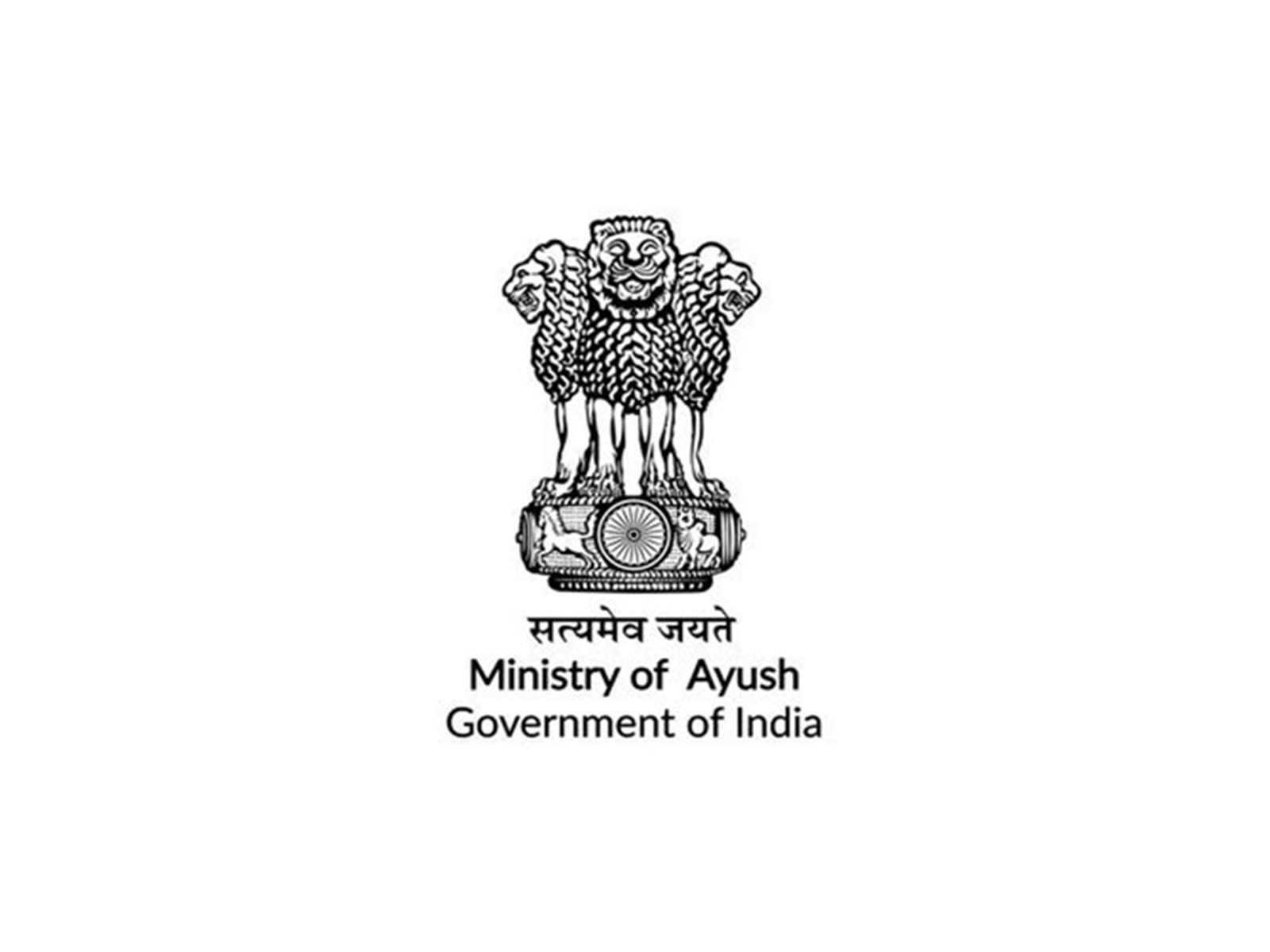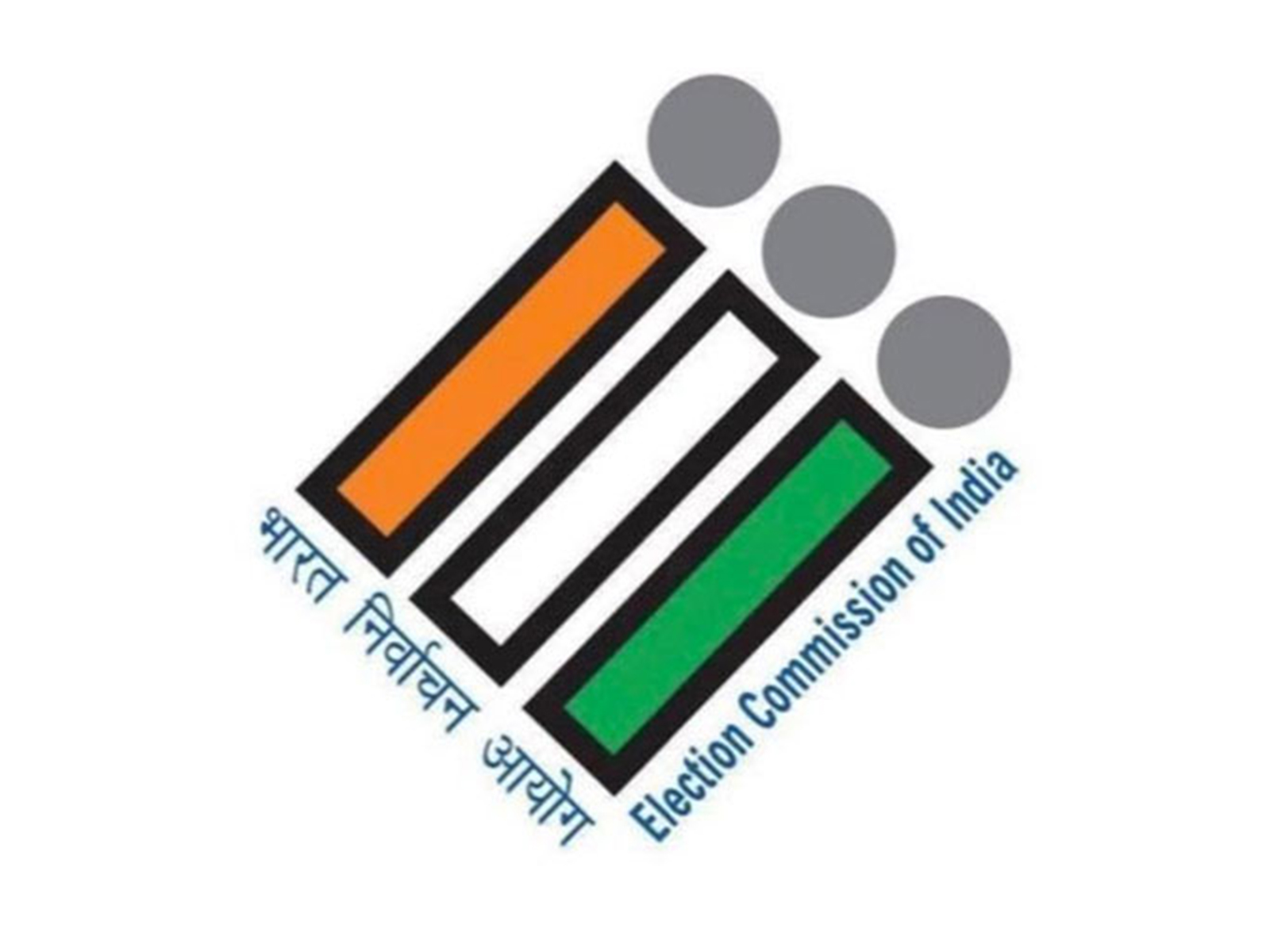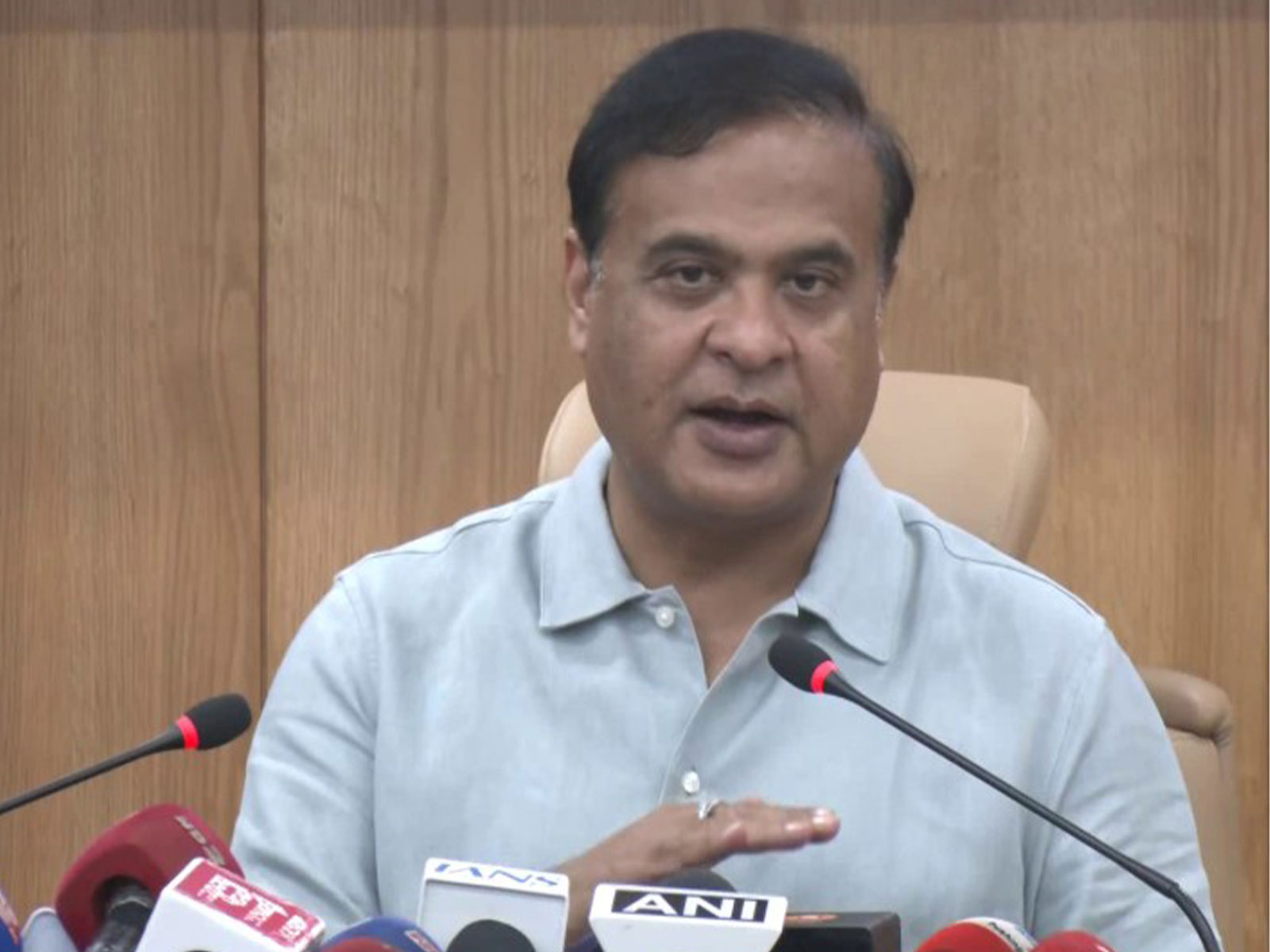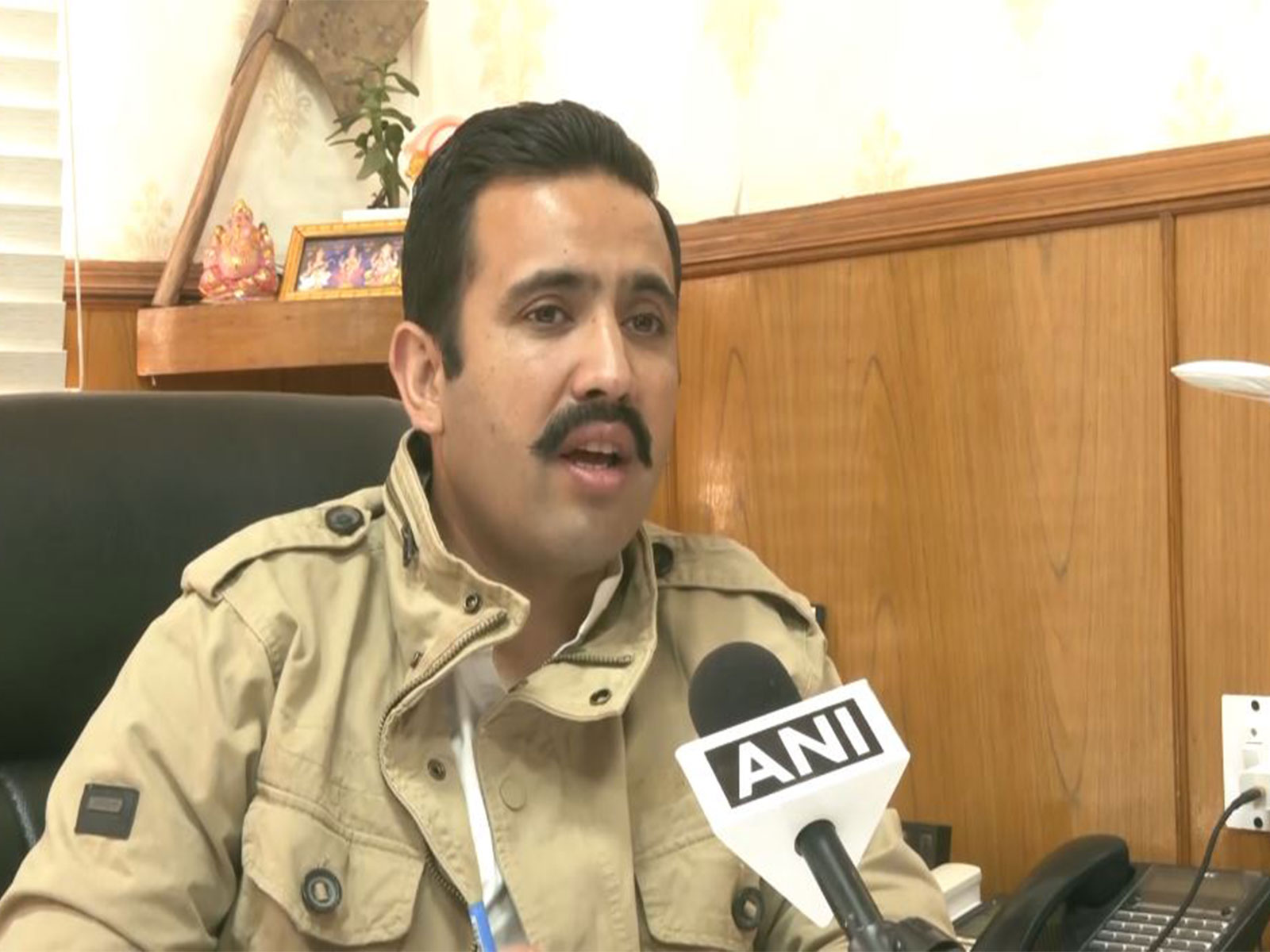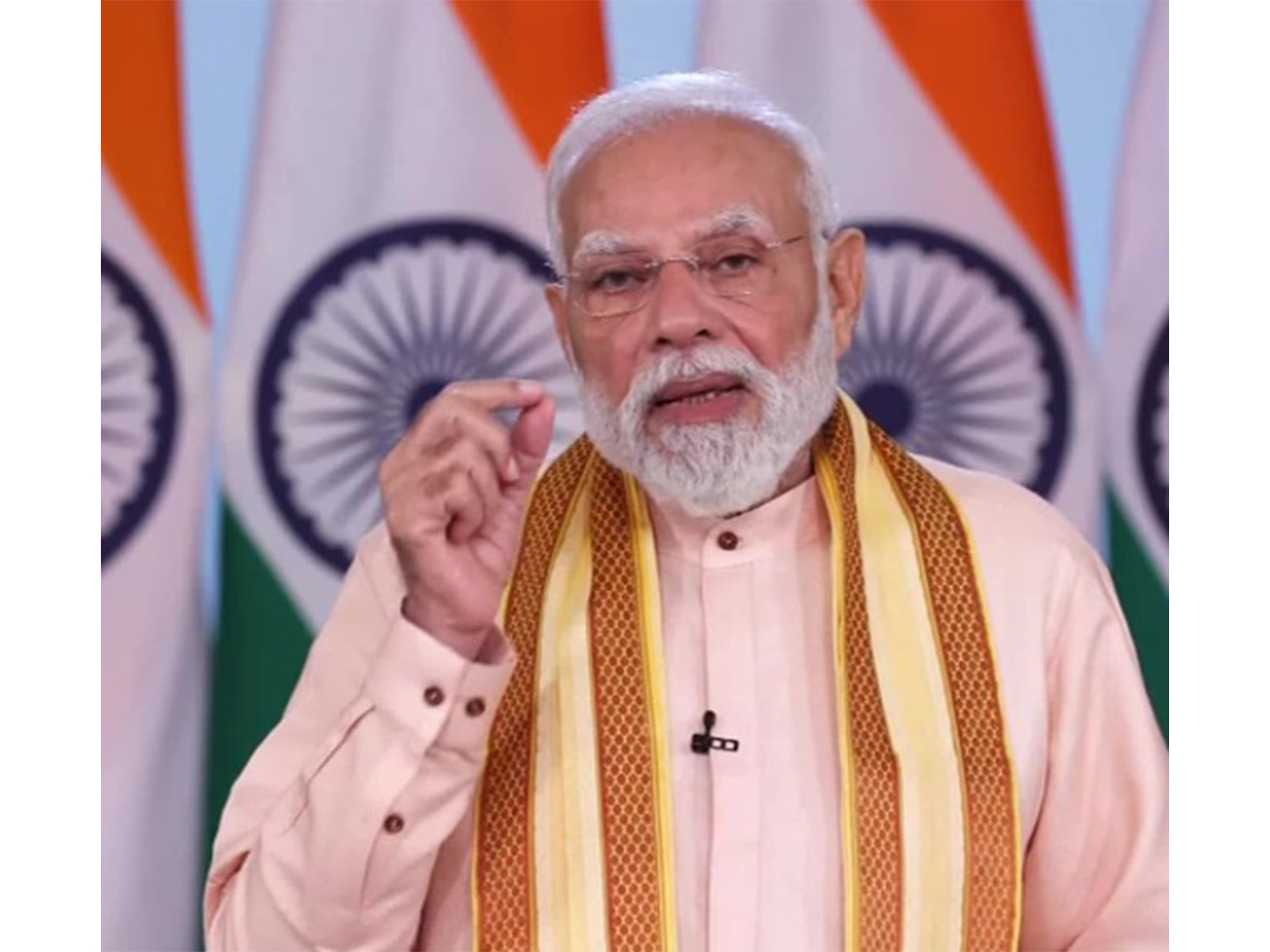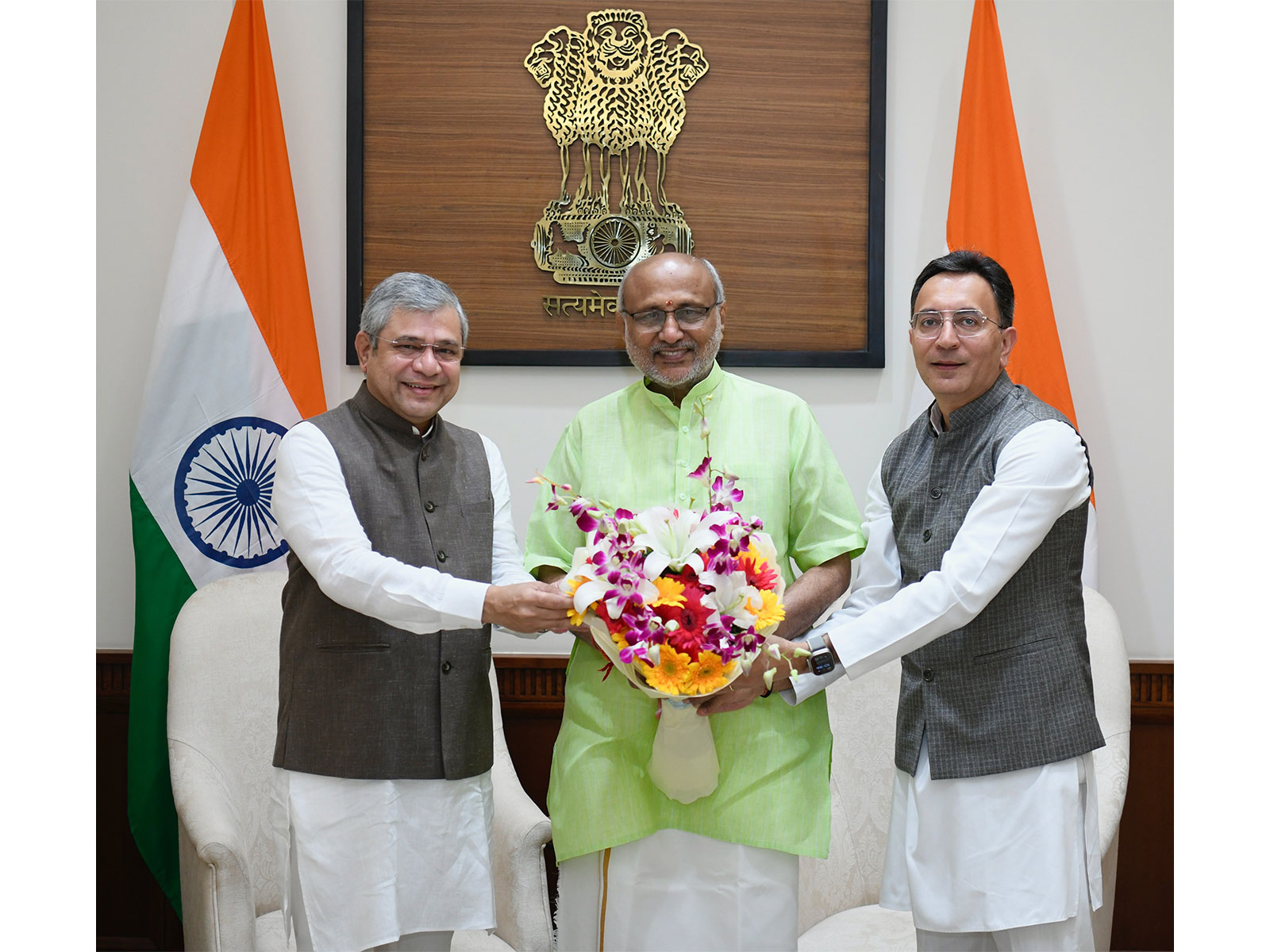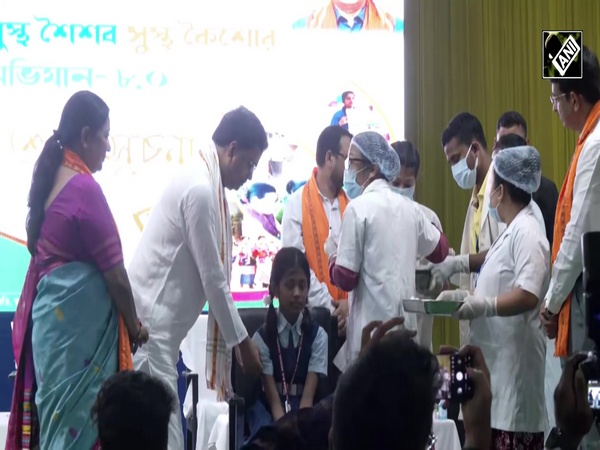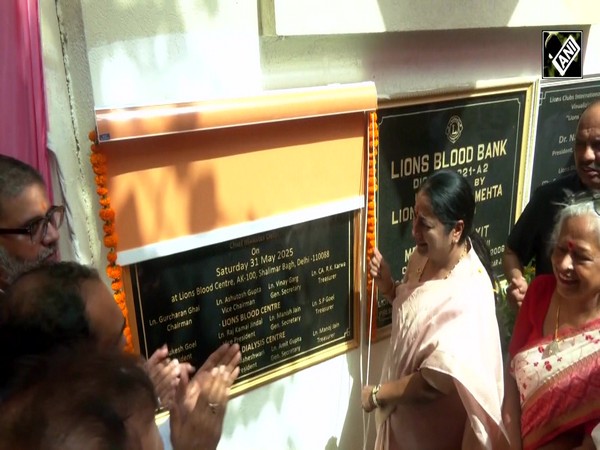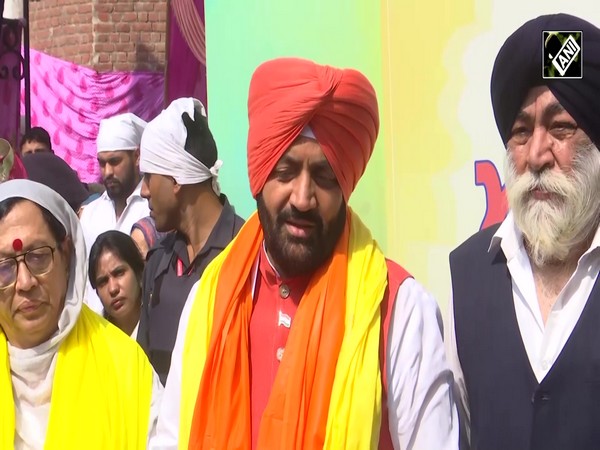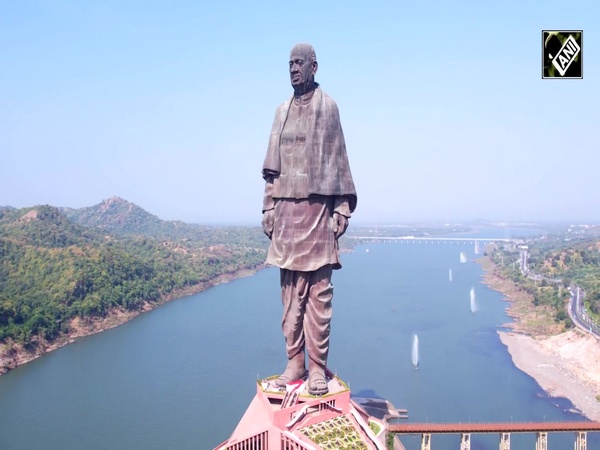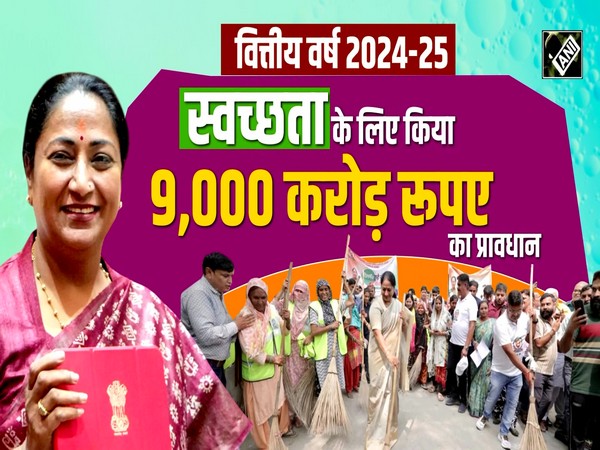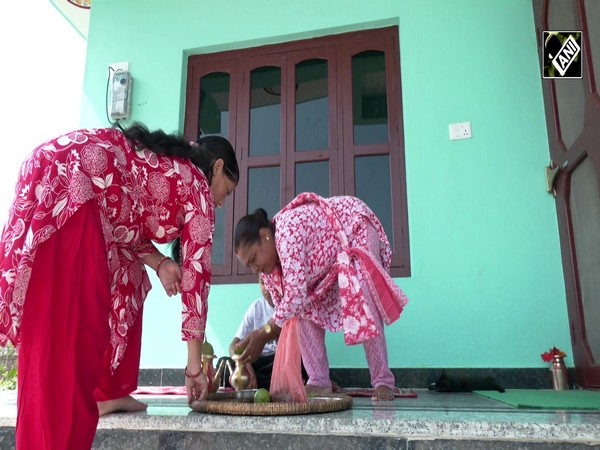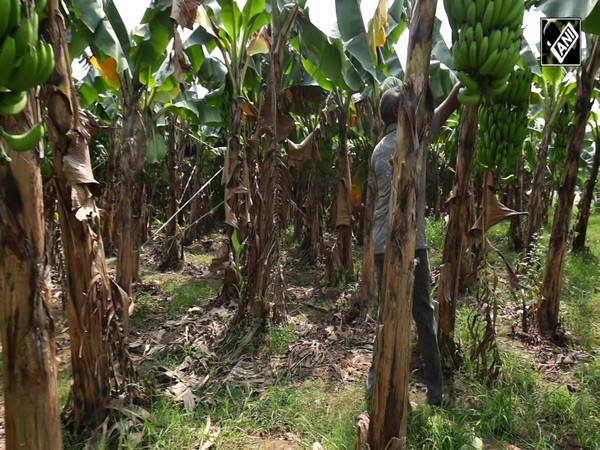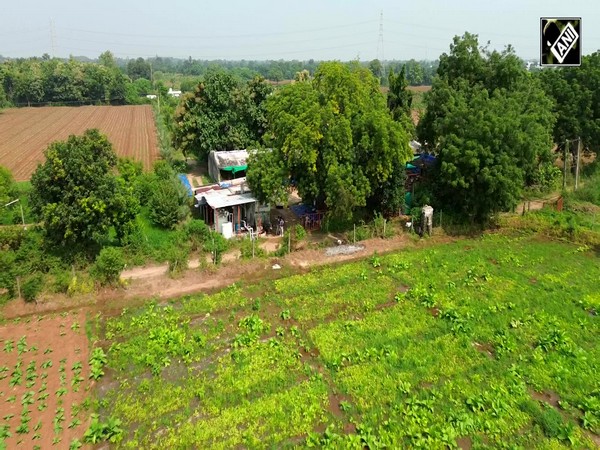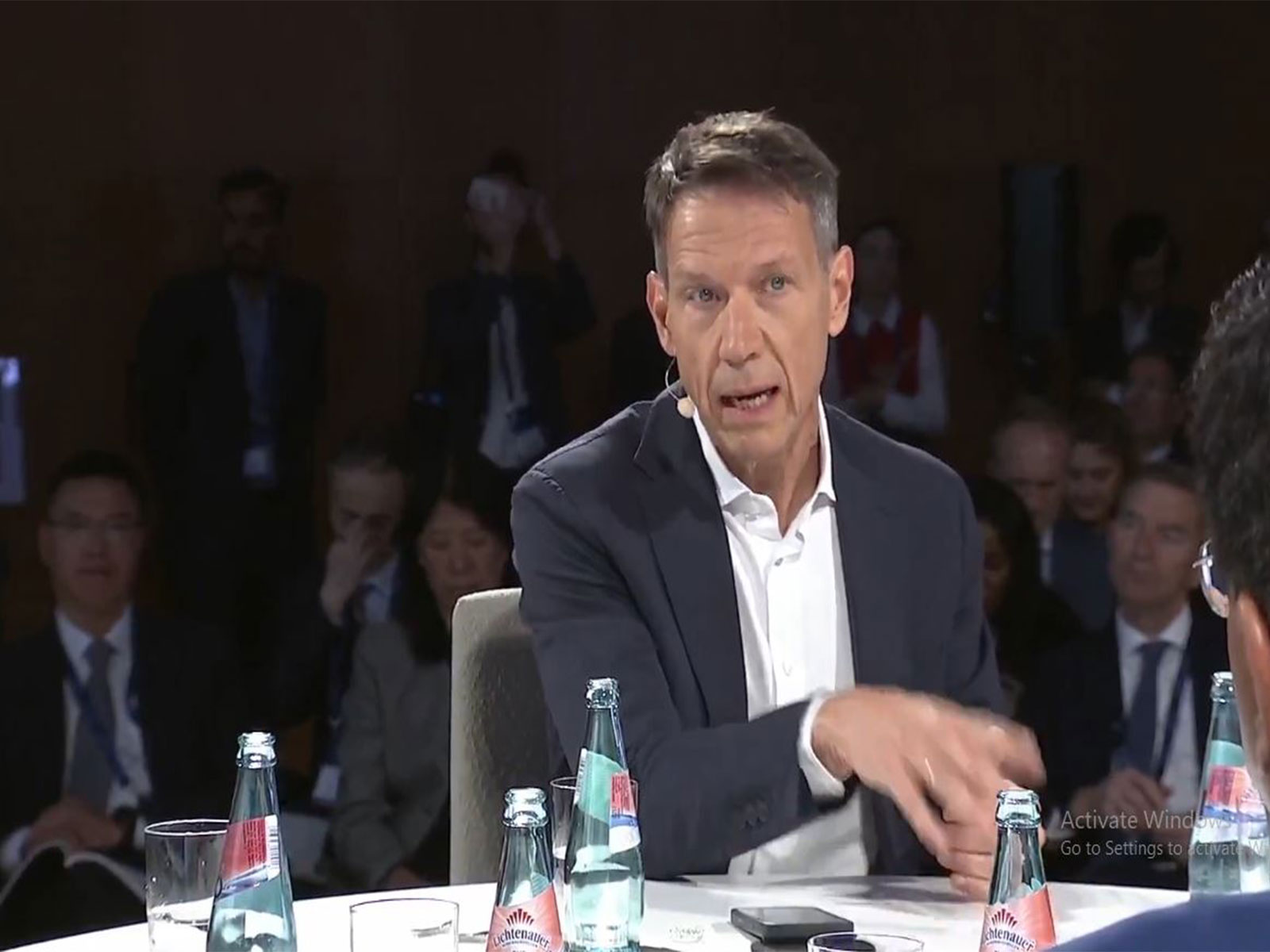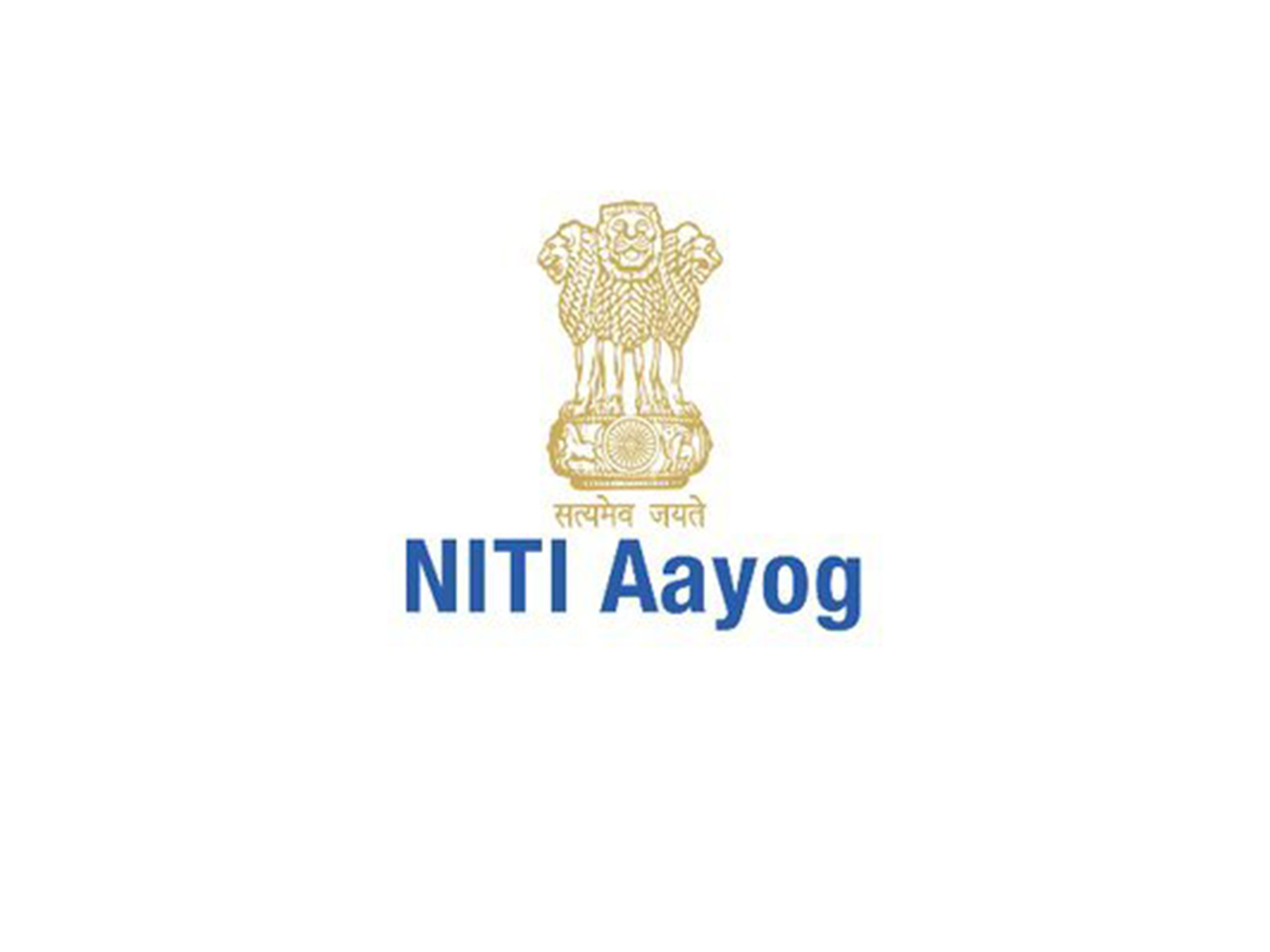
NITI Aayog organises regional best practices seminar under the Aspirational Districts and Blocks Programme in Varanasi
Oct 24, 2025
Varanasi (Uttar Pradesh) [India], October 24 : In a significant step towards accelerating development in India's most deprived areas, NITI Aayog organised the Regional Best Practices Seminar (North) under the Aspirational Districts Programme (ADP) and Aspirational Blocks Programme (ABP) in Varanasi on Friday.
The day-long event brought together district collectors, state officials, block development officers, and subject matter experts from Uttar Pradesh, Himachal Pradesh, Haryana, Punjab, Uttarakhand, and Jammu and Kashmir to showcase innovative, scalable solutions in key thematic areas, fostering collaboration and knowledge exchange to improve governance and service delivery at the grassroots level.
Launched in January 2018, the ADP covers 112 developed districts, while the ABP, an extension initiative, covers 513 aspirational blocks, focusing on measurable improvements in health and nutrition, education, agriculture and water resources, financial inclusion, skill development, and infrastructure.
The seminar is in line with NITI Aayog's vision of inclusive governance by highlighting field-tested best practices that have brought about transformational change in these priority domains. Over 200 participants, including from Uttar Pradesh, Himachal Pradesh, Haryana, Uttarakhand, Punjab, and Jammu and Kashmir, attended the event, which included presentations, panel discussions, and an exhibition of success stories.
The seminar was inaugurated by Rohit Kumar, Additional Secretary and Mission Director, ADP/ABP. Reflecting on the Prime Minister's vision, he emphasized the need for convergence, saying, "By bringing together data, funds, and actors and fostering collaboration at all levels, we ensure that no one is left behind, and our ultimate goal is to move from saturation to sustainability."
Welcoming everyone to Varanasi, Commissioner S Rajalingam thanked NITI Aayog for the opportunity to host this event and highlighted how the new framework has transformed routine monitoring into a data-driven, collaborative process.
He said, "By setting clear KPIs and encouraging a relevant, incentive-based approach, NITI Aayog has empowered districts to identify gaps, standardize processes, and take responsibility for meaningful, measurable progress." The welcome address was delivered by District Magistrate Satyendra Kumar.
In his address, Satyendra warmly welcomed all the dignitaries and delegates from various states who had come to attend the seminar. He expressed his heartfelt gratitude to NITI Aayog for providing the opportunity to host this prestigious event in Varanasi--a city renowned as a confluence of spiritual and intellectual traditions. Emphasizing the significance of the venue, he said that Varanasi, with its rich cultural and scholarly heritage, is an ideal location for this event dedicated to the exchange of ideas and knowledge.
Introducing the context of the seminar, Anand Shekhar, Additional Mission Director (ABP), highlighted the significant developmental impact of the program and said that the initiative has "emerged as a new model of development driven by ownership, innovation, and public participation." He further said, "This program is not about numbers on a dashboard, but about transforming lives--a model where officials, communities, and partnerships come together to transform challenges into opportunities."
Ajay Mishra, Special Secretary and Resident Commissioner of Uttarakhand, graced the occasion and congratulated the blocks for their outstanding performance in the program. During the event, a collection of best practices designed to encourage adoption across the country was unveiled.
The sessions were based on four main themes, with PowerPoint presentations (PPTs) from top-performing districts and blocks showcasing real-world applications. Blocks from Uttar Pradesh, Himachal Pradesh, Punjab, Haryana, Uttarakhand, and Jammu and Kashmir showcased their best practices across five thematic areas.
Each presentation was followed by interactive panel discussions moderated by senior NITI Aayog officials, where participants shared their views on challenges such as resource constraints and scalability.
